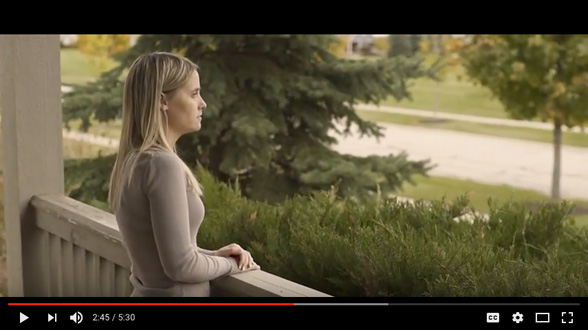For Parents
As a parent you have probably talked to your child about strangers. Reality is over 90% of the time children are being abused by someone they know and trust. You teach your kids to look both ways when crossing the street. Yet many parents do not talk to their children about personal body safety. Your children are more likely to be molested then hit by a car.
When should you start talking to your kids about personal body safety? As early as the age of two. A good time to do this is when bathing your toddler. Explain to them their private parts and that nobody should touch them their unless it is mommy or daddy helping to clean them. An age appropriate concept for a young child to understand is that nobody including a parent or caregiver – should see or touch their private parts unless they’re keeping them clean, safe, or healthy. A great way to explain this is the areas covered by your swimsuit. A great book to have this discussion is called The Swimsuit Lesson By Jon Holsten.
Talk to your child about trusting their intution. That feeling in your tummy that something doesn’t seem right likely isn’t. Even if nothing has happened empower your child that they can leave a situation and find another safe adult. That might mean calling someone if they are alone with only one adult making them feel uneasy.
Abusers almost always tell a child to keep it a secret. They may tell them they will be in trouble if they tell anyone. Get across to your child you will not be in trouble. That this is not their fault. Abusers can threaten children to stay silent by saying they will hurt them or someone in their family. Let your child know no matter what they have been told you don’t keep this is a secret. You will be protected once you report it. Teach them the differences between safe and unsafe secrets. Give them a few examples. Grandma’s susprise birthday party. The bike your brother is getting for Christmas. Then explain unsafe secrets. Someone touching you in your private parts. A friend being bullied on the school bus that tells you not to tell anyone. Your friend who tells you her stepdad takes pictures of her naked. Give them several examples.
Next talk to your kids about safe and unsafe touches. Giving them examples. Giving your parent a hug. Giving your teacher a high five. Then give them examples of unsafe touches. Someone putting their hands down their pants or up their shirt. Classmate kicking them at recess. Brother pulling their hair.
Never force your children to give people hugs and kisses. Let them make that decision. They need to be empowered and know they are the boss of their bodies. A good book to read on touching is The RIght Touch by Sandy Kleven
Do not just have this conversation about personal body safety once with your child. This needs to be ongoing discussion. I recommend discussing this every six months with your children.
Warning Signs of an Abused Child
- Nightmares
- Trouble sleeping
- Bed wetting
- Change in appetite
- Fear of certain people, places, activites
- Mood swings: Rage, Anger, Fear, anxiety, insecure or withdrawn
- Depression
- Aggression
- Feeling shameful or guilty
- Isolating oneself
- Withdrawl from someone
- Resisting removing clothes when appropriate times (bedtime, bathtime)
- Change in academics
- Running away from home
- Suicidal thoughts
- Acting out sexually
- Exhibits adult sexual behaviors, knowledge, and language.
Signs more common in Adolescents
- Eating Disorders
- Self Injury
- Drug and Alcohol Abuse
- Promiscuous activity
- Running away
- Suicidal
- Depression and Anxiety
- Fear
- Academic problems
Signs of an adult who may be sexually abusing your child
- Giving a child special attention
- Trying to spend a lot of time alone with a child
- Buying child expensive gifts or giving them money
- Treating a child as a “favorite” from other children
- Physical affection towards child: Kissing, hugging, holding hands, or wanting to be very close to a child.
If a child discloses abuse
- Listen to the child
- Let them know they did the right thing by telling
- Tell them this is not their fault
- Say you believe them
- Let child know they are safe now and won’t be hurt again
- Report abuse immediately to police


